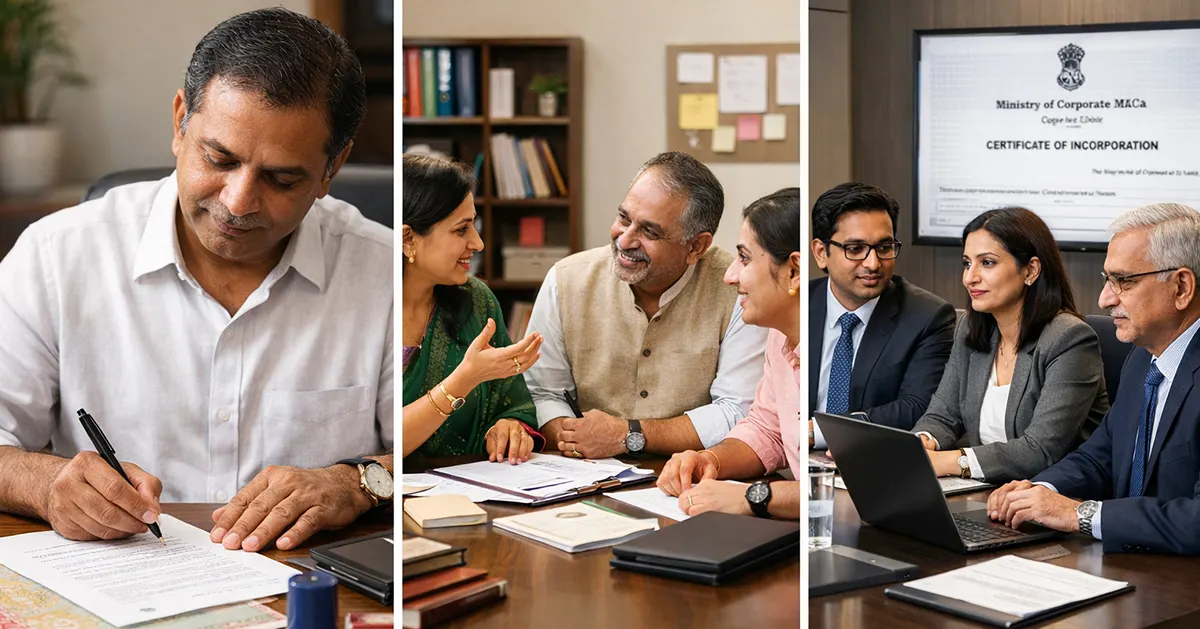A Section 8 Company is a non-profit organization licensed under Section 8 of the Companies Act, 2013, by the Central Government through the Ministry of Corporate Affairs (MCA). It is formed to promote charitable objectives such as education, science, art, sports, social welfare, research, environmental protection, and religion. Unlike regular companies, it cannot distribute profits as dividends; instead, all income is reinvested to achieve its objectives.
Members of a Section 8 Company enjoy limited liability, while the company itself has a separate legal identity, enabling it to own property, enter into contracts, and manage funds in its own name. It also enjoys perpetual succession, meaning it continues to exist even if its members change. There is no minimum capital requirement, and these companies often adopt names like "Foundation," "Association," "Forum," or "Council" instead of "Ltd." or "Pvt. Ltd."
In Mumbai, India’s financial and NGO hub, Section 8 Companies often collaborate with corporates for CSR initiatives, funding, and social projects. Their transparent structure, strict compliance, and strong legal backing make them an ideal framework for NGOs, charities, and non-profits aiming to scale their impact in the city.
Understanding Non-Profit Organizations in India
In India, non-profits can be registered as a Trust, Society, or Section 8 Company. Out of these, a Section 8 Company is considered the most credible form because it is incorporated under the Companies Act, 2013, and regulated by the Ministry of Corporate Affairs (MCA).
Unlike Trusts and Societies (which are governed by local state laws), Section 8 Companies are governed uniformly across India, offering national-level recognition and stronger legal standing. This makes them the most suitable option for organizations in Mumbai seeking CSR funding, government grants, and international donations.











